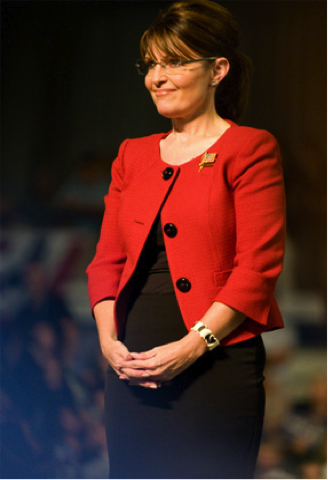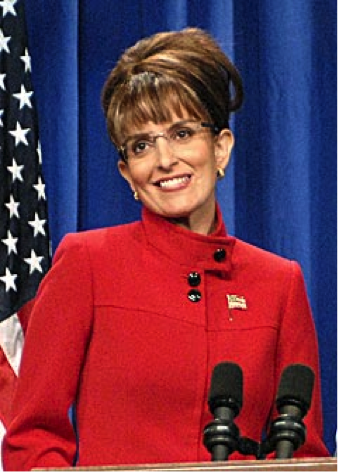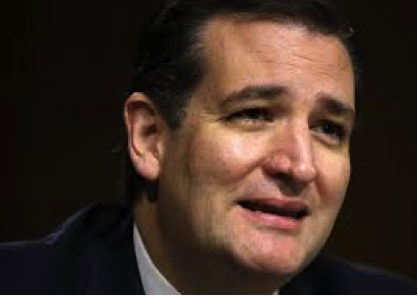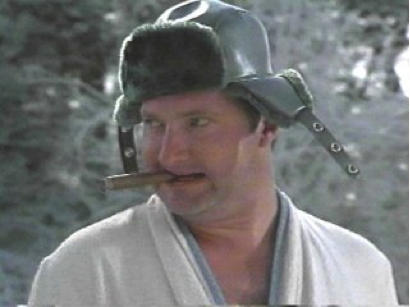By Kyle Offenbecher
Over the past 50 years we have some good presidents, some bad presidents, and some in between. None of them however, have had as positive an effect on America as President Obama. Since President Obama took office, our country has dramatically changed for the better. I’m not saying the Obama administration has been perfect, but I think there is a valid case for why President Obama has been the most successful president of at least the past half-century. Here’s why.
To put President Obama’s accomplishments in perspective it’s important to have some context. In the past fifty years we have had 9 presidents who had varying degrees of success. LBJ had major domestic achievements with Civil Rights and The Great Society, but his Vietnam policy was a disaster. His successor, Richard Nixon was a crook that disgraced the Presidency. Ford neither did anything great nor terrible. Carter had some success with the Camp David accords but failed to deal with America’s economic malaise. Reagan for all the attempts by modern republicans to canonize him was hardly a saint. The national debt ballooned, AIDS flourished, and inequality increased. Meanwhile a good amount of the Reagan administration became involved in a program to sell weapons to Iran and use the proceeds to fund drug-dealing terrorists in Nicaragua. Hardly a great legacy. The first George Bush accomplished little domestically, but was successful in defeating Saddam and helping bring about a peaceful transition to democracy in the eastern bloc. Both of these might be considered great successes if later events (and his own son’s actions) hadn’t made Iraq a nightmare and Russia hardly better than during the Soviet days. Bill Clinton did achieve considerable success in managing the economy but also left behind a failed health care plan, financial deregulation and don’t ask, don’t tell. The second George Bush, was of course the President who increased the deficit, thought the Iraq War was a great idea, and presided over the worst financial meltdown since the Depression. Oh, and demonized gay people to help get elected.
By comparison to his predecessors Obama holds up remarkably well. His stimulus plan stabilized an economy in free fall. Unemployment fell from 10 percent to less than 6 percent. New regulations were placed on the financial institutions that created the crisis. The auto industry was saved. Health care reform was implemented allowing millions of people access to quality affordable health care reform for the first time. Don’t ask, don’t tell was repealed and LGBT Americans gained federal discrimination protection. Our failed Cuban embargo is being drawn to a close. Millions of young undocumented immigrants are being protected from arbitrary deportation.In terms of defense policy, Obama inherited a world that was falling apart. While critics like to cite the Rise of ISIS and aggressive actions by Russian President Vladimir Putin, it is important to consider what hasn’t happened; a military disaster like Vietnam or Iraq. It is easy to overlook something that hasn’t happened, but with a less cautious leader we might have easily fallen into a quagmire. Back in the early days of the Syrian conflict, supposed wise men of the foreign policy world urged Obama to intervene against Assad. Knowing what we know now, it is likely that such actions would have been disastrous. Imagine American troops, stuck in the crossfire of ISIS on side and Hezbollah on the other, and you have an image of what Obama saved us from. Instead of the cowboy diplomacy of George W. Bush, we have taken a slow cautious approach in the fight against ISIS. Instead of unilateralism, Obama has built large coalitions and has improved relations with our European allies. It isn’t the most popular approach, but it’s the approach then in the long run has the best chance.
Unfortunately in the run up to the 2014 elections, many democrats decided to run as far away as possible from the President’s accomplishments and sell themselves as republican lite. It didn’t work. Not a single one of the Obama bashing democrats won. The few who did defend the President actually fared better, such as Senator Al Franken, who actually increased his vote share from 2008. If more candidates had listened to the few voices of wisdom, such as Nobel laureate Paul Krugman, then things might have different. Instead, the mainstream media bowed to the fox driven narrative of irrational fear and panic. Hopefully, in 2016 Democratic candidates will learn from the mistakes of 2014 and run on the President’s accomplishments. If they don’t they can expect the same results as 2014.




